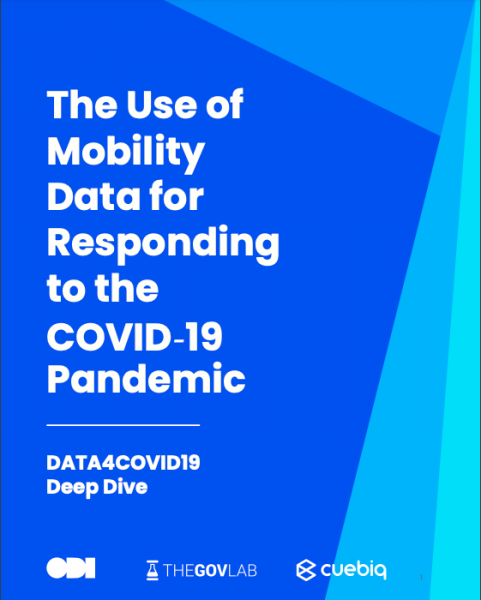BSR Report on “Responsible Business Decision-Making Before, During, and After Public Health Emergencies: A Rights-Based Approach to Technology and Data Use…The COVID-19 public health emergency has surfaced important questions about the relationship between the right to privacy and other rights, such as the right to health, work, movement, expression, and assembly. Data and digital infrastructures can be used for many positive outcomes, such as facilitating “back to work” efforts, enhancing research into COVID-19 vaccines and treatments, and allowing the resumption of economic activity while also protecting public health.
However, these uses may also result in the infringement of privacy rights, new forms of discrimination, and harm to vulnerable groups. Some governments are using the emergency as an excuse to expand their power, leading to concerns that initiatives launched to address COVID-19 could become permanent forms of state surveillance.
As the providers of data, systems, and software, technology companies are often central in these public health emergency response efforts. For this reason, companies need to address the human rights risks associated with their involvement in disease response to avoid being connected to human rights violations.
This paper sets out the key elements of a human rights-based approach to the use of data and technology solutions during public health emergencies in today and tomorrow’s digital era, with a focus on the role of business and impacts to privacy.
These elements are primarily captured in a human rights-based decision-making framework for companies that can guide them through future public health emergencies. This framework can be found on page 5 of the report or can be downloaded separately.
COVID-19 is the first truly global pandemic of the modern age, but it won’t be the last. We hope this paper highlights lessons learned from COVID-19 that can be applied during the public health emergencies of the future….(More)”.

